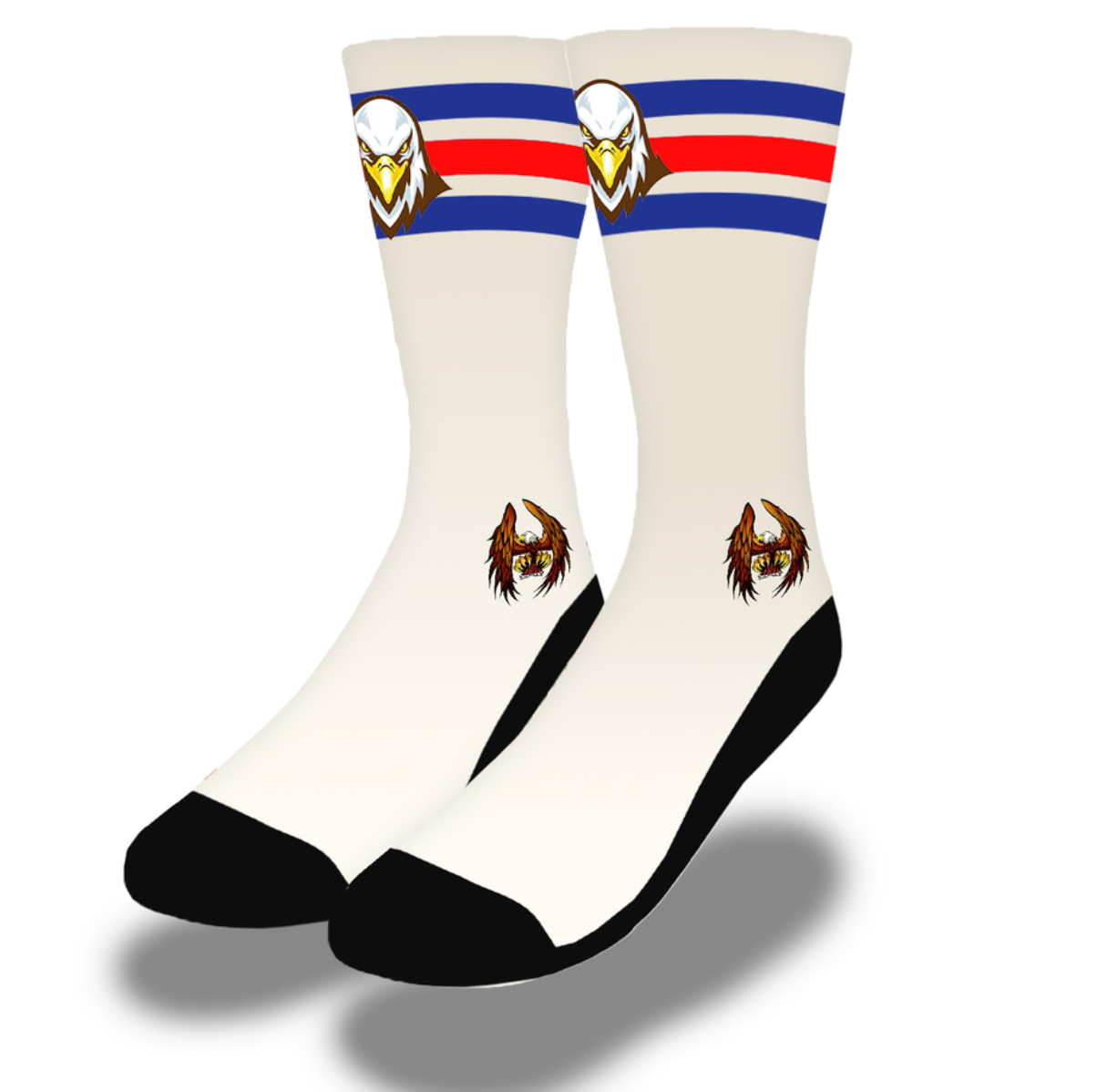
Dropship Bald Eagle
100.0% of buyers have recommended this.
Iconic national bird of the USA
Powerful predator with keen eyesight
Nests high in tall trees
Symbol of freedom and strength
Impressive wingspan up to 7 feet
Product description
The Bald Eagle, scientifically known as Haliaeetus leucocephalus, is a bird of prey found in North America. This magnificent bird is easily recognizable by its white head and tail contrasting with its dark brown body and wings. As the national bird and symbol of the United States, the Bald Eagle represents freedom and strength, making it a significant part of American culture and history.
Physical Characteristics
The Bald Eagle is a large bird, with adults typically weighing between 3 to 6.3 kg (6.6 to 14 lbs) and measuring about 70 to 102 cm (28 to 40 inches) in length. One of its most striking features is its impressive wingspan, which can reach up to 2.3 meters (7.5 feet). The adult Bald Eagle has a distinctive white head and tail, while its body and wings are a rich dark brown. Juvenile Bald Eagles, on the other hand, have a mottled brown appearance and do not develop their iconic coloring until they are around 4 to 5 years old.
Habitat and Range
Bald Eagles are commonly found near large bodies of open water, such as lakes, rivers, and coastal regions, where they can find an abundant food supply. They prefer habitats that provide tall trees for nesting and perching, as well as proximity to water for hunting. Their range extends across North America, from Alaska and Canada down to the contiguous United States and parts of northern Mexico.
Diet and Hunting
As opportunistic feeders, Bald Eagles primarily hunt fish, which make up a significant portion of their diet. They are skilled hunters, using their keen eyesight to spot prey from great distances. In addition to fish, they will also scavenge carrion and hunt small mammals and birds when necessary. Their powerful talons and strong beaks allow them to catch and consume a variety of prey, making them versatile predators.
Nesting and Reproduction
Bald Eagles are known for their large nests, which they build high in trees or on cliffs. These nests can be quite massive, often measuring up to 2.5 meters (8.2 feet) in diameter and weighing over a ton. The breeding season typically occurs in late winter to early spring, with females laying 1 to 3 eggs. Both parents participate in incubating the eggs and caring for the young once they hatch. The eaglets fledge after about 10 to 12 weeks but may remain dependent on their parents for several months.
Conservation Status
Once endangered due to habitat destruction and the effects of pesticides like DDT, the Bald Eagle has made a remarkable recovery thanks to conservation efforts. It was removed from the U.S. Endangered Species list in 2007, but it is still protected under the Bald and Golden Eagle Protection Act and the Migratory Bird Treaty Act. Ongoing conservation efforts focus on preserving their habitats and ensuring the health of their populations.
Cultural Significance
The Bald Eagle holds a prominent place in American culture and symbolism. It is featured on the Great Seal of the United States and is often associated with patriotism and national pride. Various Native American tribes also regard the Bald Eagle as a sacred bird, representing strength, courage, and wisdom. Its image is widely used in art, literature, and various forms of media, further solidifying its status as an iconic symbol of the United States.
Get started
